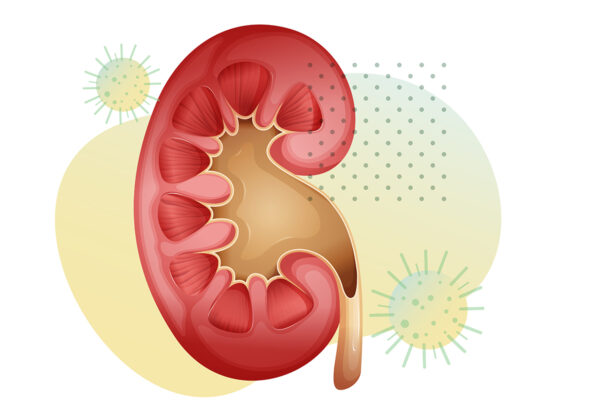Raja Dandamudi, MD, an assistant professor of pediatrics, Vikas Dharnidharka, MD, a professor of pediatrics, and Tarek Alhamad, MD, a professor of medicine at Washington University School of Medicine in St. Louis, contributed to a large study that identified a novel way of detecting signs of organ rejection. The international team found that DNA shed from dying cells of a transplanted kidney can indicate rejection of the organ. The study was published in Nature Medicine.
When cells die, they release small DNA fragments into the bloodstream. The researchers found that levels of DNA shed from the transplanted kidney were strongly correlated with rejection. Measuring such DNA levels could serve as a non-invasive accurate biomarker and potentially reduce the need for invasive graft biopsies in rejection diagnosis.
The study involved a diverse population of nearly 3,000 adult and pediatric kidney transplant recipients from 14 transplantation centers in Europe and the United States. The School of Medicine team contributed adult kidney transplant data and one of the two pediatric datasets involved in the study, which showed similar results in adults and children.
Read more on the Department of Pediatrics website.


